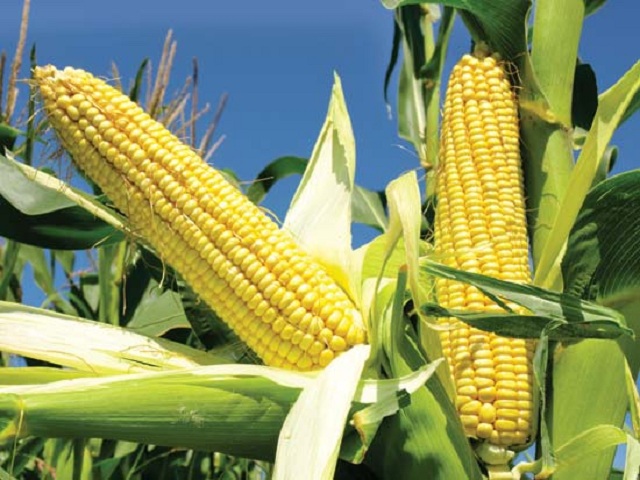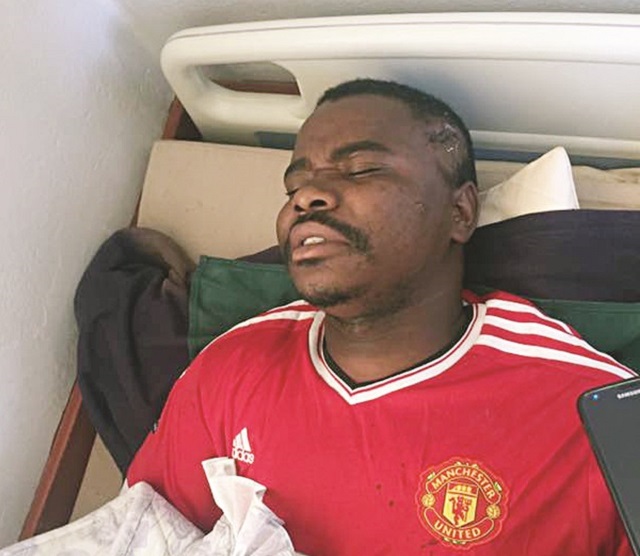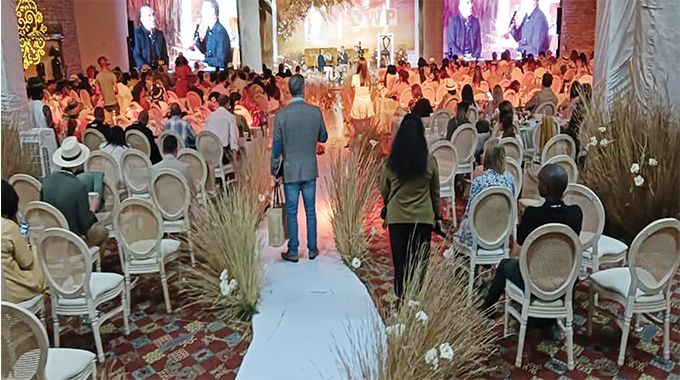Comesa seeks maize trade harmonisation

Senior Business Reporter
THE Common Market for Eastern and Southern Africa (Comesa) plans to implement a framework that will facilitate flexibility in the trading of maize in the bloc by member states.
Experts from Comesa secretariat and heads of bureaus of standards from Kenya, Rwanda and Uganda recently conducted a joint review of the bloc’s framework called the Comesa Mutual Recognition Framework.
“Experts from Comesa secretariat and heads of bureaus of standards from Kenya, Rwanda and Uganda conducted a joint review of the Comesa Mutual Recognition Framework, an instrument meant to facilitate greater flexibility in trading of maize and maize products.
“The review meeting draft Comesa Mutual Recognition Agreement (C-MRA) on conformity assessment before its submission to the respective governments for signature. The signing will pave way for the implementation of the Comesa Mutual Recognition Framework (C-MRF),” it said.
The C-MRF was launched in December 2015 by six Comesa-member states namely Kenya, Malawi, Rwanda, Zambia, Uganda and Zimbabwe that have significant maize trade.
It was expected that by early last year, they would have proceeded with negotiations for signature of the full Mutual Recognition Agreement on conformity assessment for trade in maize and maize products.
However, there has been slow uptake of the C-MRF by the six countries.
“C-MRF was developed after recognising that regulatory impediments to intra-Comesa trade especially for grain and grain products continue to undermine efforts by regional states to reap the benefits of economic integration and grow their economies,” said Comesa.
The C-MRF for trade in maize and maize products is meant to help where regulatory frameworks differ by reducing trading costs and lowering business compliance costs through mutual recognition of product standards and conformity assessment procedures.
The Mutual Recognition Framework (MRF) stipulates a series of continuous activities as a means to verify and confirm on-going mutual trust and confidence amongst the participating member states and stakeholders.
The Comesa secretariat supports a capacity building programme in the six countries to facilitate implementation of the C-MRF by ensuring they participate in the aflatoxin proficiency testing scheme to identify existing capacity gaps.
“This includes training and providing technical support to close the identified capacity gaps including, sample preparation, stability and homogeneity, maize grading, aflatoxin analysis and validation of testing methods among others.”
@okazunga











Comments